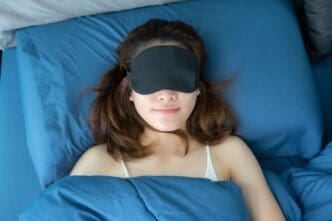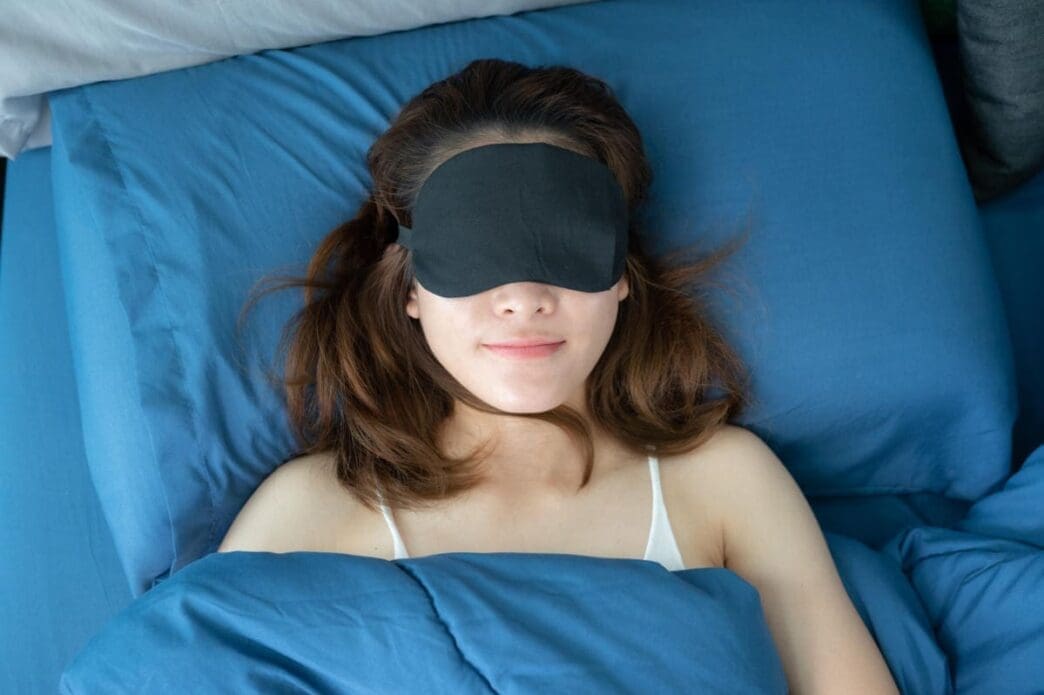Ever find yourself tossing and turning, counting sheep long into the night? You’re not alone. Despite sleep being heralded as a key pillar of health, many Americans struggle to get the recommended seven hours. Whether it’s worries about the economy or just scrolling through social media, a good night’s rest can often feel elusive. But there’s a beacon of hope: sleep hygiene.
Sleep hygiene isn’t just a fancy term; it’s about creating habits that ensure better sleep. According to Jennifer L. Martin, PhD, sleep hygiene involves healthy habits, behaviors, and environmental tweaks that enhance sleep quality. When practiced regularly, these habits can help you fall asleep faster and enjoy more restful, rejuvenating sleep.
The importance of sleep hygiene becomes apparent when considering its impact on overall health. Joseph Dzierzewski, PhD, emphasizes how it contributes to everything from our immune system to decision-making abilities. Short-term sleep deprivation can lead to daytime drowsiness and mood swings, while long-term effects might include serious conditions like heart disease or diabetes.
But don’t fret if you occasionally stay up late binge-watching your favorite show. Martin advises aiming for good sleep hygiene around 80% of the time, leaving room for life’s little indulgences.
To optimize sleep, several key practices can be implemented. Maintaining a consistent sleep-wake schedule helps train your body’s clock, improving sleep quality and duration. Creating a relaxing bedtime routine, whether it involves a warm bath or reading a book, cues your body to wind down.
Meanwhile, optimizing your sleep environment can transform your bedroom into a sanctuary for rest. Ensure it’s cool, dark, and quiet, with comfortable bedding that suits your preferences. Watch what you eat and drink, as spicy foods or late-night caffeine can disrupt sleep.
Exercise also plays a role. Regular physical activity not only boosts overall health but also improves sleep quality, provided it’s not done right before bed. Exposure to morning sunlight can further regulate your internal clock, promoting consistent sleep patterns.
Screen time, especially before bed, can interfere with melatonin production, the hormone responsible for sleepiness. Martin suggests being mindful of device use—if it’s affecting your sleep, consider reducing usage before bedtime.
For those with more serious sleep disorders, sleep hygiene is just one part of the solution. Conditions like insomnia or obstructive sleep apnea may require additional treatments, but good sleep hygiene can complement these methods and support overall sleep health.
The journey to improved sleep starts with identifying personal sleep challenges and crafting a realistic plan. Adjusting habits gradually can increase the likelihood of success. Remember, lasting change takes time, so tracking your progress can help you stay patient and persistent.
In the quest for better sleep, understanding and implementing sleep hygiene is essential. While it might not solve all sleep-related issues, it empowers individuals to take control of their sleep environment and habits, ultimately leading to more restful nights. Take the first step towards healthier sleep by evaluating your habits and making gradual changes that suit your lifestyle.
Source: Yahoo







